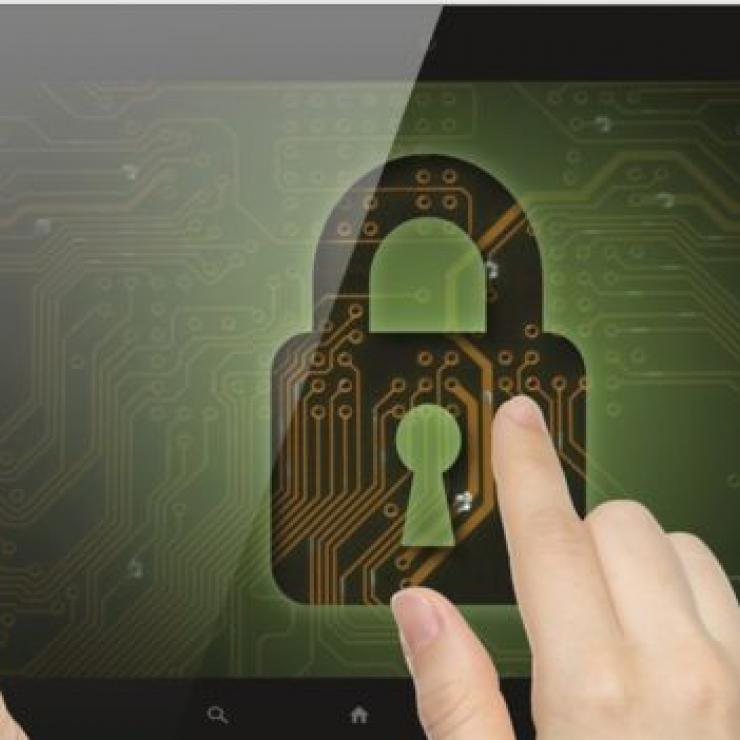What's up with your internet accounts when you die?
- Hits: 758
- Comments: 0
Unlike us, that data is here to stay - so what should our loved ones do with it in the event of our deaths?
Iain Twigg was 33 when he passed away.
"I woke up the day after he died and it's a whole different world and there was so much to do," his widow Caroline told me.
Iain had been undergoing successful chemotherapy for a brain tumour. Then suddenly he experienced a seizure and three months later he was gone.
While her parents helped Caroline tackle probate and sort out financial arrangements, there was one legacy that she had to tackle alone.
"Iain wasn't a person who liked the internet or the computer, he complained about how much time people spent on it and yet he still ended up with so many different accounts and passwords and a whole life online," she said.
"Fifty years ago people had a shoebox of photos and letters. If you look online for things for Iain there's thousands of pictures and messages."
Despite her husband's initial ambivalence about the internet, Caroline found comfort in cyberspace.
She set up a website to celebrate Iain's life and through the charity Widowed and Young (WAY) discovered a supportive online community of other women who lost their partners before the age of 50. She also used crowd-funding site Kickstarter to fund writing a book which she created for children to help them deal with grief.



QR codes in headstones
qrcodes.jpg
Some people choose to anchor a digital presence to a physical space - their own headstone.
Dorset company QR Memories offers stainless steel QR codes which can be attached to a grave and link through to a web page full of content provided by the person while they were still alive, or by their families.
"It's not always the things we would expect," says managing director Stephen Nimmo of the material uploaded.
"We have got some video from a lady's funeral, the hymns that were sung and an old gentleman in a pub simply singing - seven minutes of him singing this song and that clearly is what defined him."
The firm charges £95 for a code and £95 for an accompanying page, although the code can link to anywhere on the net if preferred.
"QR codes have a strange beauty to them," he adds.
"We often get asked what happens if they become obsolete, what do you do next? We always think about it but they are here to stay in whatever form they might be. The fact they haven't become an overused medium is probably quite a good thing for us, it remains more unique to what we're trying to achieve."
fuente. BBC News